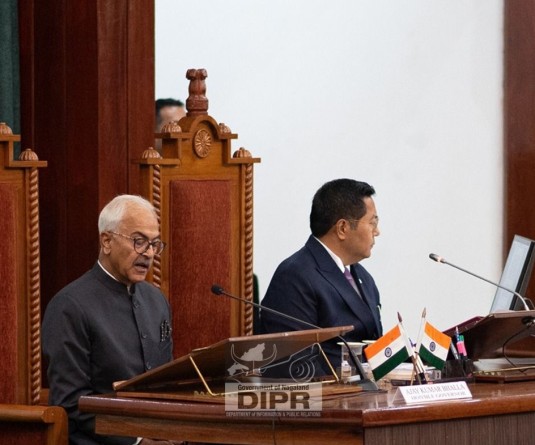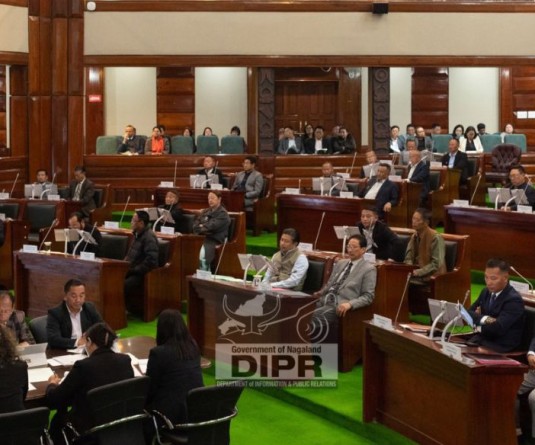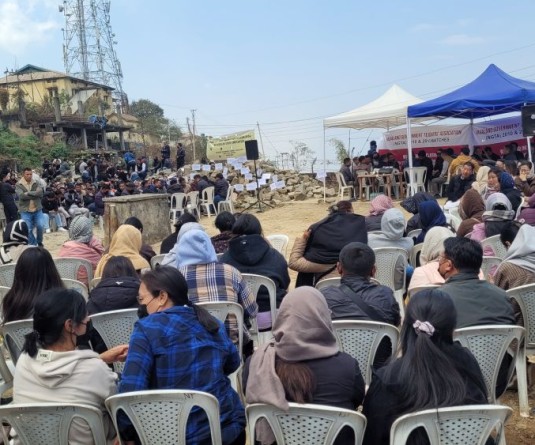
Every effort must be made to bring about Naga literature: Dr. Temsula Ao
Dimapur, August 20 (MExN): Sensing the urgent need to preserve the oral tradition, tribal laws and jewels of Naga language, writer Dr. Temsula Ao today said that every effort must be made to bring about Naga literature. In this way, she saw that the younger generation can be connected to their roots and identity, which is affected by westernization.
Dr. Temsula was speaking at the daylong workshop on ‘Creative Writing in Naga Literature’ organised by Salesian College of Higher Education (SCHE).
In her keynote address, Dr. Temsula, who is also the chairperson of Nagaland State Commission for Women also said that Naga literature includes those writings on the Nagas from the time of British colonization till date. She noted that language provides us a sense of security and it is preserved through songs, myths, legends, and folktales.
She also pointed out that every culture has a self-generating and preserving mechanism which is manifested in the art and language. To the budding writers, she asked what can be done for the betterment of Naga Society to facilitate forgiveness and assist in the strife towards curtailing the modern evils that have crept into our society, according to a press release received here.
She challenged the participants to dare to dream of the future they want to see and continue to influence the society positively. “One cannot think of creativity as a static thing. Do not be afraid, go ahead and discover your creativity. What you do with your talent, will prove your worth,” she told the students.
In his exhortation speech, Fr. Chacko, Rector of Good Shepherd Seminary, encouraged the students to begin writing, drawing inspiration from Dr. Temsula Ao, a poet, short story writer and ethnographer. “What you have written will remain, therefore continue to learn, write and inspire,” he stated.
In the second session, Vice-Rector of SCHE, Fr. Sebastian Jose presented a paper on “Why Write?” He said, “Writing preserves our ideas and memories for generations, so that you and your readers can reflect upon them now as well as in the future. Writing allows us to understand how in the past people lived and interacted in the society and how people live and interface in the society today.”
About 250 staff and students participated in the event, which was co-ordinated by Ashuli Kaisa, HoD of English and her colleague Lophro Mary along with the students of English Department of SCHE.






